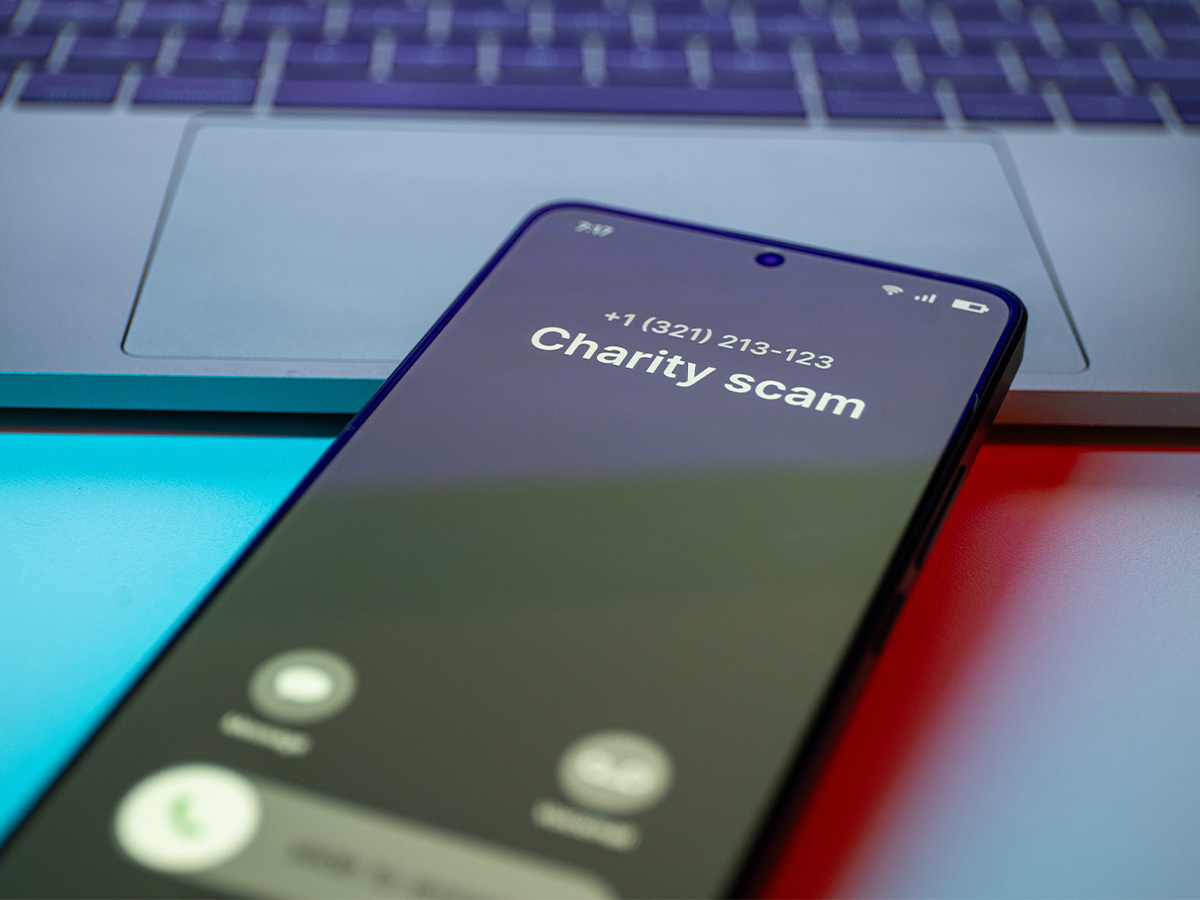Introduction to Imposter Scam Calls
Imposter scam calls are a growing concern in the UK, targeting individuals with the intent to deceive and defraud. These scams typically involve a caller pretending to be someone you trust, such as a government official, a bank representative, or a well-known company employee. The goal is to trick you into providing sensitive information or making payments. Recognizing these calls is crucial to protect yourself and your personal information.
Common Types of Imposter Scams
Imposter scams can take many forms, but some of the most common include:
- Government Impersonation Scams
- Scammers pose as officials from HM Revenue and Customs (HMRC), claiming you owe taxes or are entitled to a tax refund. They may threaten arrest or legal action if you don’t comply.
- Bank Impersonation Scams
- Fraudsters pretend to be from your bank, alerting you to suspicious activity on your account. They may ask for your account details, PIN, or even prompt you to transfer money to a “safe” account.
- Tech Support Scams
- Callers claim to be from well-known tech companies like Microsoft or Apple, warning you of a virus or security breach on your computer. They often ask for remote access or payment for unnecessary software.
- Utility Company Scams
- Scammers impersonate representatives from utility companies, such as gas or electricity providers, claiming you have an overdue bill or need a refund. They may request bank details or payment over the phone.
Key Indicators of an Imposter Scam Call
Identifying an imposter scam call involves being aware of certain red flags:
Unsolicited Calls
If you receive an unexpected call from someone claiming to be from a government agency, bank, or company, be cautious. Legitimate organizations typically do not call you out of the blue with urgent requests.
Pressure Tactics
Scammers often use pressure tactics, such as threats of arrest, legal action, or immediate account closure, to create a sense of urgency. This pressure is designed to make you act quickly without verifying the legitimacy of the call.
Requests for Personal Information
Legitimate organizations will not ask for sensitive information, such as your full bank details, PIN, or passwords, over the phone. Be wary of any caller requesting such information.
Unusual Payment Methods
Scammers may ask for payment through unconventional methods, such as gift cards, wire transfers, or cryptocurrency. These methods are harder to trace and often irreversible.
Caller ID Spoofing
Fraudsters can manipulate caller ID to display a legitimate number, making it appear as though the call is from a trusted source. Always verify the caller’s identity independently.
Steps to Take if You Suspect an Imposter Scam Call
If you suspect you are receiving an imposter scam call, follow these steps to protect yourself:
Hang Up
If you feel uncomfortable or suspect a scam, hang up immediately. Do not engage with the caller or provide any information.
Verify the Caller
Contact the organization directly using a phone number from their official website or a recent bill. Do not use any contact information provided by the suspicious caller.
Report the Call
Report the scam call to the relevant authorities, such as Action Fraud (the UK’s national reporting centre for fraud and cybercrime) or your bank. This helps in tracking and preventing future scams.
Block the Number
Use your phone’s built-in features or a third-party app to block the number from calling you again.
Educate Yourself and Others
Stay informed about the latest scam tactics and share this information with friends and family to help protect them as well.
The Role of Hullomail in Protecting Against Scam Calls
Hullomail is a powerful tool in the fight against scam calls, providing several features designed to protect users from fraudulent activities. Here’s how Hullomail can help:
Spam Detection and Blocking
Hullomail’s advanced spam detection algorithms identify and block known scam numbers, preventing them from reaching your phone.
Visual Voicemail
Hullomail’s visual voicemail feature allows you to see who left a message without listening to it. This helps you identify suspicious messages quickly.
Caller ID and Reverse Lookup
Hullomail offers caller ID and reverse lookup features, enabling you to identify unknown callers and check if they are associated with known scams.
Customizable Greetings
You can set up customizable greetings with Hullomail, deterring scammers and directing legitimate callers to leave a message.
Regular Updates
Hullomail constantly updates its database with new scam numbers and patterns, ensuring up-to-date protection for its users.
Conclusion
Imposter scam calls are a significant threat, but by being vigilant and taking proactive steps, you can protect yourself. Recognize the red flags of these scams, verify suspicious calls, and use tools like Hullomail to safeguard your personal information and peace of mind. Remember, staying informed and cautious is your best defense against imposter scam calls in the UK




Leave a Reply